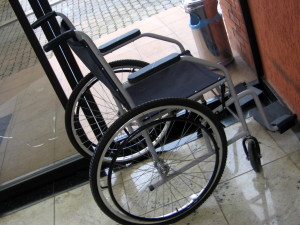 According to a recent article from Modern Healthcare, a Riverside nursing home owned by Schlomo Rechnitz was the target of an FBI investigation. The FBI served search warrants at the Alta Vista Healthcare & Wellness Centre late last month, but the agency has not yet commented on the nature of its investigation. Have more issues of nursing home abuse and neglect arisen at facilities in our state?
According to a recent article from Modern Healthcare, a Riverside nursing home owned by Schlomo Rechnitz was the target of an FBI investigation. The FBI served search warrants at the Alta Vista Healthcare & Wellness Centre late last month, but the agency has not yet commented on the nature of its investigation. Have more issues of nursing home abuse and neglect arisen at facilities in our state?
Learning about nursing home abuse and neglect allegations in Southern California can be disconcerting, particularly when you have an elderly loved one who receives care at a nursing home or assisted living facility in our state. If you have concerns about a senior’s safety, you should contact an experienced San Diego nursing home abuse attorney.
Renewed Scrutiny into Rechnitz Facilities
 Southern California Nursing Home Abuse Lawyer Blog
Southern California Nursing Home Abuse Lawyer Blog




















